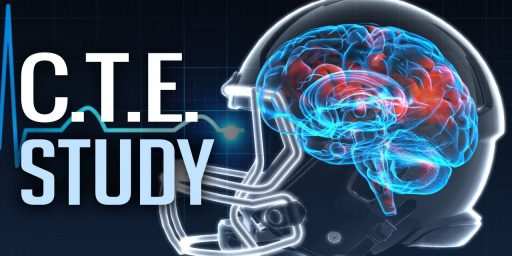Spelling Doesn’t Matter
A simple test reveals that correct spelling is not necessary for someone to comprehend what they are reading:
In trying to make sense of the world around us, our brains have evolved to do some very odd things. The more we learn about our cognitive processes, the more it seems we have inherited a very weird wetware set, filled with bizarre and misleading foibles.
While most of the cognitive errors I reference here work against us — especially as investors — today’s example of a cognitive process works strangely in the brain’s favor: Spelling don’t matter. Comprehension remains essentially unchanged, even when all letters of a word are totally mixed up — just so long as the first and last letters are in their proper place.
This would be why I never entirely trust myself to proofread my own work.






How else could you read my comments?
I feel the same way.
Now I want an explanation of why it’s so hard to find typos in a proof, but as soon as the published book arrives, they jump off the page…
This one has been around for a while:
http://www.snopes.com/language/apocryph/cambridge.asp
It’s clearly not true that you can mix up all the letters in any way — keeping only the first and last — and still maintain readability. For instance, from the front page:
Law, Milartoy, And Iscent: Wehn Sluhod Shinmoteg Be Igaelll?
The wkneeed asrert of a Cluibmoa Ustiirevny Pessoorfr for an atelrnpapy cuassnoel act resias smoe iseerinnttg quoitenss aoubt why pilescrey a scifiepc act soluhd be scujbet to caminirl poutsocrien.
You can probably piece it together, especially since you likely just read this headline unscrambled. But without that context it would be tough. And it’s unlikely you got it all right away.
This would be why I never entirely trust myself to proofread my own work.
Supposedly reading your own stuff upside-down is a suitable replacement for an outside editor. Of course, I heard this back when we actually typed things out on paper, so have fun turning your monitor upside-down …
I have had that happen as well. I think it is a function of time between the writing and the reading.
Steven: That might be, but what explains the suddenly perfect spelling ability that kicks in after–within microseconds–hitting ‘Publish’ or ‘Send’? The text is still on the screen, but has been transmitted as far as the PC goes?
If this post were true, the title would be “Speling Doesn’t Matter”.
HOW ARE YOUR BRAINS? READ this sentence:
FINISHED FILES ARE THE RESULT OF YEARS OF SCIENTIFIC STUDY COMBINED WITH THE EXPERIENCE OF YEARS.
Now count aloud the F’s in that sentence. Count them ONLY ONCE, don’t go back and count them again.
.ecnetneS eht ni s’F xis era erehT
“Spelling don’t matter.”
Proper word usage doesn’t matter either.